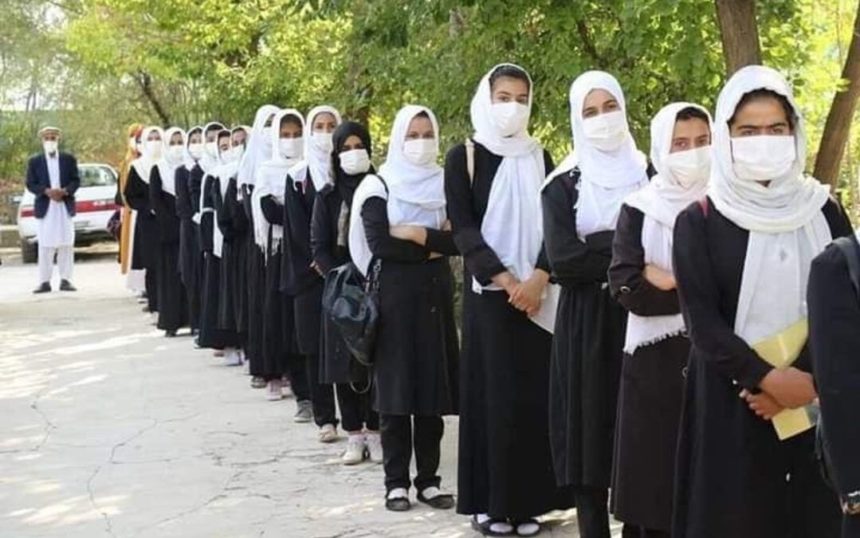RASC: The unfortunate consequences of stopping the educational process of girls and women in Afghanistan are gaining new angles with each passing day, CARE Afghanistan, in the latest case, has investigated its impact on Afghanistan’s health sector.
The report of this organization shows that if the education process of Afghanistani women and girls is stopped, Afghanistan will face changes in the health services sector in the not too distant future.
Lack of female doctors, nurses and midwives is one of the important problems that Afghanistan will face in the health sector.
A part of this report states: “Without necessary and sufficient health education for women, Afghanistan will not have trained health workers.” In the future, it will have a negative effect on women’s access to health services and the number of nurses, midwives and female nutrition consultants will decrease in Afghanistan.
With the halting of the process of education of Afghanistani girls and women, there are concerns about the lack of female doctors in the future, while even in the previous government, the Afghanistan health system was facing a shortage of female employees.
Syed Abdullah Ahmadi, the former head of Wazir Mohammad Akbar Khan Hospital in Kabul, said: “Different departments such as general surgery, internal medicine, neurosurgery, orthopedics, ear and throat, pediatric internal medicine and other departments needed female specialists.”
Meanwhile, Afghanistani women and girls, who continued their education with dozens of plans and dreams for the future, say that with the closing of schools and universities, they are now in a state of confusion and facing an unclear future.
Hanifa, a resident of Bamyan province, said: “How long will the Taliban group not teach us?” Why do they do this? How long can we not go and study?”
The effect of the lack of female doctors is especially visible in the villages of the country more than in other places, in some villages men are not willing to let their wives go to male doctors for treatment.
Abdallah, a resident of Kunar, said: “If women are not educated, there are some diseases that a woman cannot tell anyone without a female doctor.”
The increase in infant and maternal mortality in the absence of female professional employees is one of the most important concerns in Afghanistan. In a report, the World Health Organization called Afghanistan one of the most dangerous places on earth during childbirth.
This organization said that in 2020, 8,700 women in Afghanistan died during childbirth.






